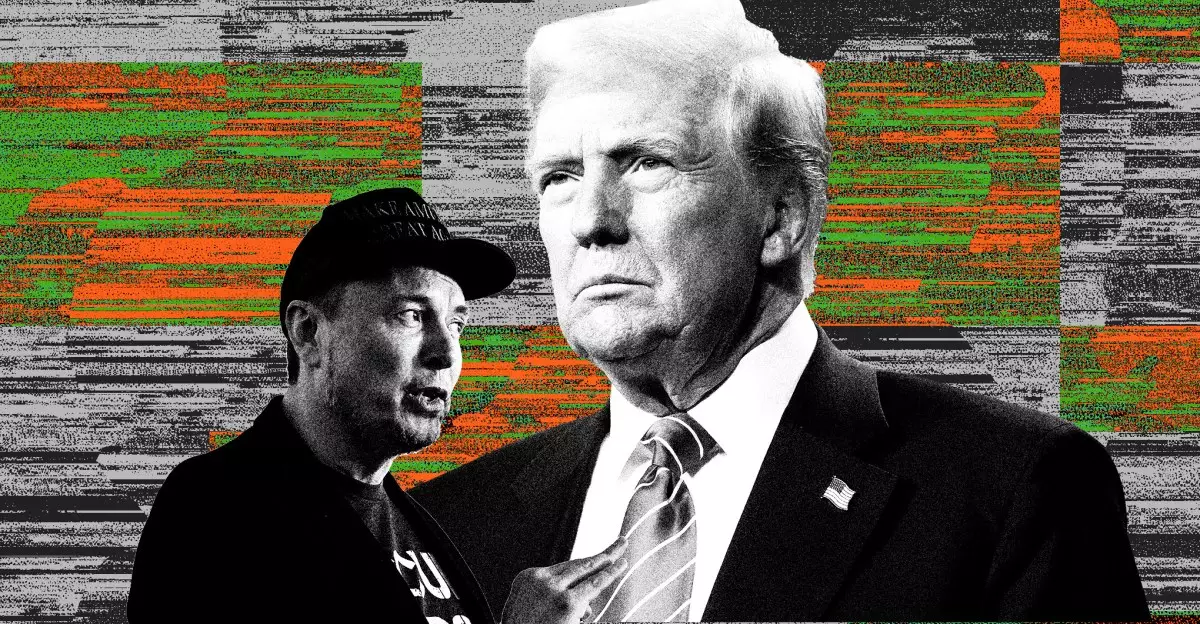In an unprecedented move that has sent shockwaves through the political and tech landscapes, Elon Musk’s rebranded social platform, known as X, has reportedly settled a lawsuit initiated by former President Donald Trump concerning the suspension of his account. This legal confrontation is rooted in events following the January 6, 2021, riots at the U.S. Capitol, which led to various social media platforms tightening their policies on political discourse and online behavior. The decision by X to settle the lawsuit, with an estimated payment of around $10 million to Trump, raises significant questions about the intersection of technology, politics, and users’ rights in the digital age.
The Journey to the Settlement
Trump’s original lawsuit targeted not only X but also tech giants like Facebook and Google. His legal team argued that the suspension of Trump’s accounts infringed upon his free speech rights. However, the judicial system’s response has been mixed. While a judge dismissed Trump’s broader lawsuit against Twitter (now X) in 2022 on the grounds that the company did not qualify as a state actor, the tech sphere continues to feel the ripples of this historic case. Moreover, Meta’s recent $25 million settlement and other deals underline the precarious balancing act that these platforms must manage between regulatory pressures and user engagement.
X’s settlement with Trump is especially notable considering Musk’s previous commitment to free speech on his platform. This payment may appear to contradict that ethos, as it effectively acknowledges the previous decision to ban Trump. Critics might argue that such agreements could signal a slippery slope where social media companies capitulate to high-profile users, potentially jeopardizing their operational integrity and public perception.
The financial settlement highlights the tension inherent in contemporary social media governance. Platforms like X wield immense power over public discourse, and their decisions resonate through the political landscape. With Musk at the helm, the approach to content moderation, user engagement, and even political endorsements is under intense scrutiny. The implications of this settlement could discourage decisive action against harmful rhetoric online, as other high-profile figures may now see litigation as a viable course against platform governance.
The settlement could also embolden other users in similar situations, suggesting that financial restitution is a real possibility when facing account suspensions. Furthermore, this case raises critical questions about the role of social media companies in shaping political landscapes. Are they private entities protecting their interests, or do they bear the responsibility of acting as neutral forums for public discourse?
As Trump continues to navigate the aftermath of his presidency, the implications of his legal strategies loom large. With another case against Google still in the pipeline, the outcomes of these lawsuits may shape the dialogue surrounding platform accountability, user rights, and the ethical responsibilities of tech giants. As the landscape evolves, it will be vital for both policymakers and tech leaders to find a thoughtful balance between free expression and the protection of public safety online. As such, the settlement between Trump and X may just be the beginning of numerous legal challenges and social media discussions in the coming years.

